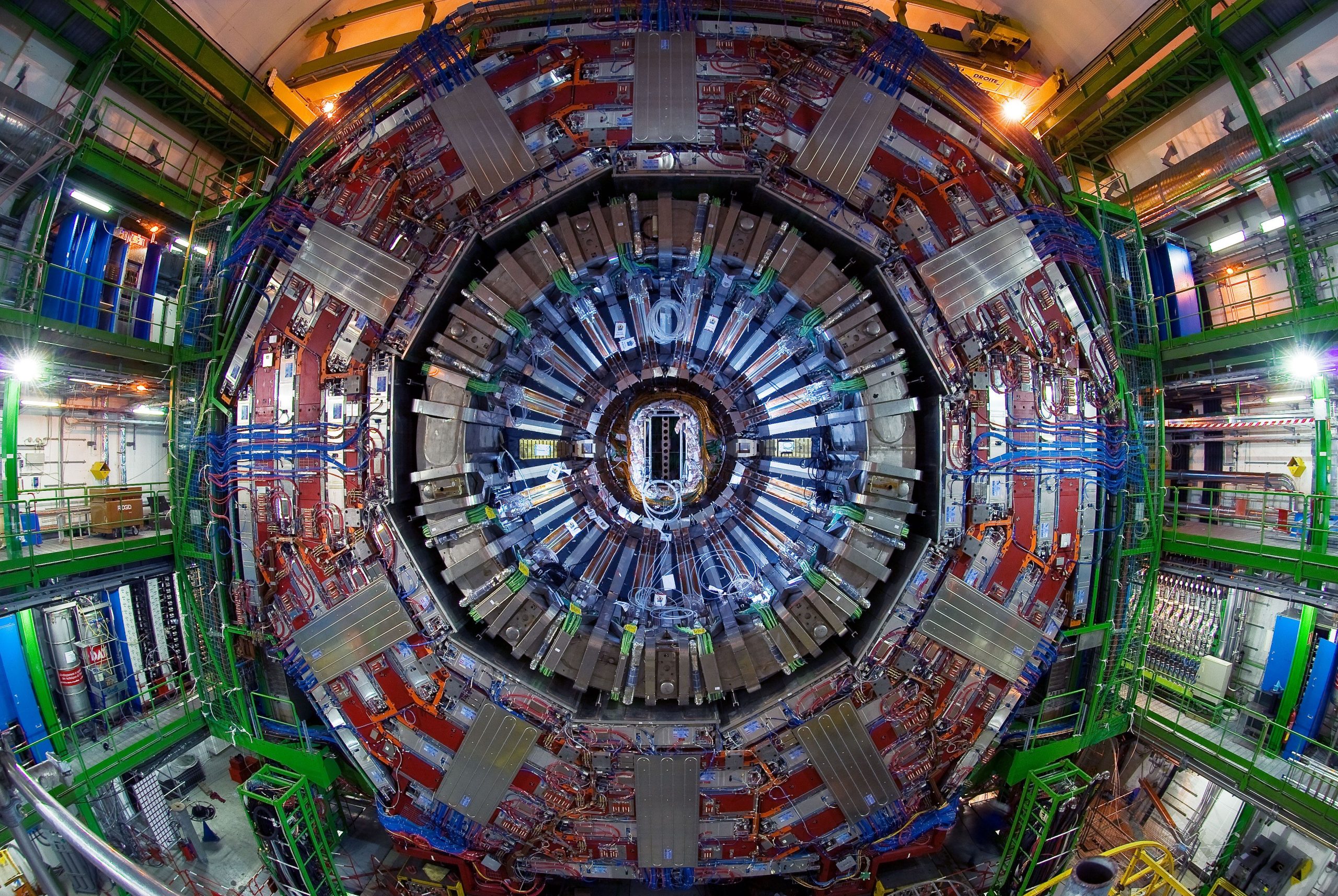Key Takeaways:
- The Future Circular Collider (FCC) aims to revolutionize particle physics with unprecedented collision energies, but its $21.5 billion price tag raises concerns.
- FCC’s proposed 56-mile circumference dwarfs the current Large Hadron Collider, promising sevenfold energy increases for probing the universe’s mysteries.
- Despite its potential for groundbreaking discoveries, FCC faces criticism for its exorbitant cost, with some advocating for prioritizing pressing global issues like climate change.
- Proponents believe FCC’s colossal scale is essential for pushing the boundaries of physics and unlocking new realms of understanding about the universe.
- The decision on whether to proceed with FCC hinges on weighing its potential scientific benefits against its substantial financial investment.
This cutting-edge particle accelerator possesses the potential to redefine the confines of theoretical physics, albeit at a staggering expense.
While experiments at the Large Hadron Collider are still ongoing until 2040, CERN—the European Organization for Nuclear Research—has already set its sights on a grander endeavor: the Future Circular Collider.
To label it as merely “larger” would be a gross understatement.
The proposed Future Circular Collider (FCC) carries a hefty price tag of $21.5 billion and aims to propel the boundaries of particle collision energies to 100 TeV, in pursuit of new insights into the mysteries of the universe, as articulated by CERN. Envisioned with a circumference of 56 miles, dwarfing the LHC’s 16.5 miles, it promises to operate at energy levels approximately sevenfold greater than its predecessor.
Director General of CERN, Fabiola Gianotti, conveyed during a briefing reported by the Financial Times that the FCC not only stands as a formidable tool for advancing our comprehension of fundamental physics and the natural world but also serves as a catalyst for innovation, reminiscent of the LHC’s impact.
The LHC, situated underground near the Swiss-French border, commenced its quest to collide subatomic particles at velocities nearing the speed of light in 2008. Its unparalleled force enables the scrutiny of elusive collisions. In 2012, the LHC’s contributions confirmed the existence of the Higgs boson, colloquially known as the “God particle,” validating a theory dating back to 1964. While monumental breakthroughs akin to this have been scarce in recent years, the LHC remains a crucible for physics experiments that defy feasibility elsewhere.
Nevertheless, the LHC faces constraints. For physicists pursuing insights into enigmatic phenomena like dark matter or the mechanisms of mass acquisition by particles, the LHC’s capabilities may prove inadequate. Enter the FCC, poised to be thrice the size and seven times as potent.
Envisaged to be nestled deeper underground in the same locale, the FCC’s development would unfold in two phases. The initial phase, slated to commence electron collisions in the 2040s, could pave the way for the second phase, featuring proton collisions by the 2070s, contingent upon the invention of potent yet nonexistent magnets. This ambitious endeavor holds the promise of unlocking a new realm of experimental possibilities.
Despite the tantalizing prospects in the realm of physics, the FCC presents formidable challenges, chiefly its exorbitant financial burden. The $21.5 billion earmarked for construction alone fails to encompass operational expenses.
Advocates contend that such investments are imperative for scientific progress, yet dissenting voices exist. David King, former UK government chief scientific advisor, deems allocating such substantial sums to the FCC as “reckless.” He advocates directing resources toward urgent global challenges, such as the climate crisis.
Sabine Hossenfelder, affiliated with the Munich Center for Mathematical Philosophy, echoes similar sentiments. She asserts that the scale of particle physics research has far surpassed its justified scope, exceeding by tenfold.
Yet, for proponents of particle exploration, the FCC embodies a gateway to uncharted territories. Gianotti asserts that it stands as an indispensable tool for humanity to advance our understanding of the universe’s fundamental questions, emphasizing the necessity of a more potent instrument for this purpose.
The verdict on whether the potential rewards outweigh the costs remains pending.


